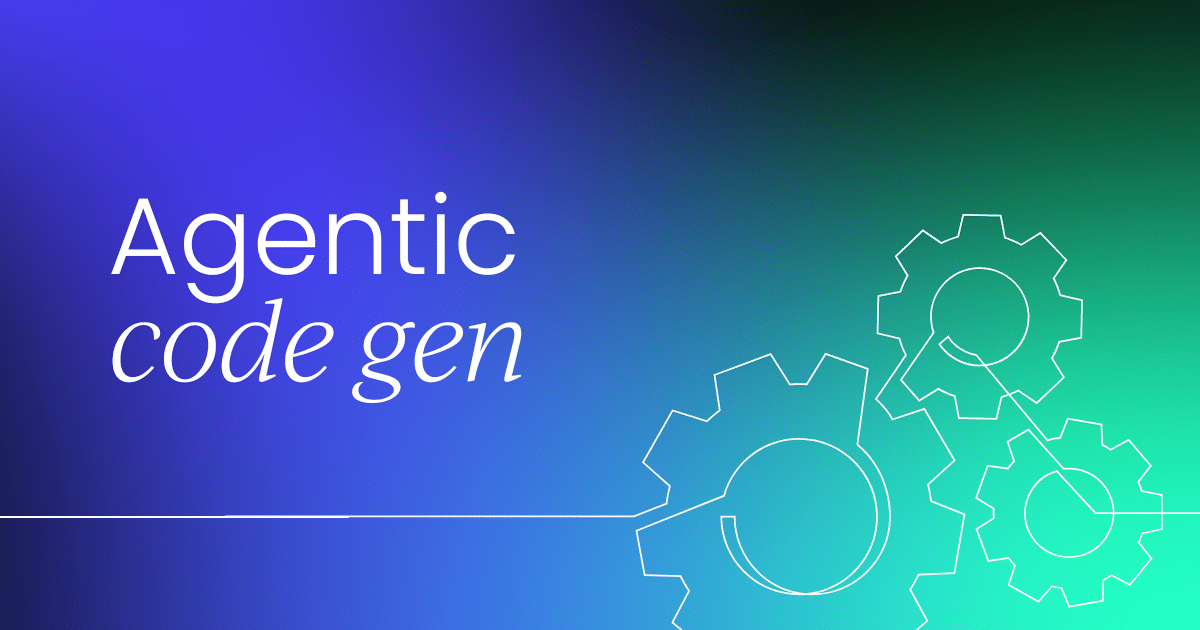The development of software is undergoing a radical change with the introduction of agent-driven code generation, a technology that, powered by generative artificial intelligence, allows autonomous systems to create, test, and optimize code with minimal human intervention. This innovation arises in a context where companies are looking to speed up their development cycles, reduce costs, and improve code quality.
Agent-driven code generation uses artificial intelligence systems, often based on large-scale language models, to autonomously generate and refine code. These AI agents can interpret instructions in natural language, analyze existing code bases, and generate high-quality code tailored to specific requirements. Unlike traditional tools, these systems not only generate simple snippets but are capable of debugging, optimizing, and even deploying code, becoming essential allies for companies seeking agility in their processes.
The impact of this technology is especially notable in areas such as automated testing, modernization of legacy code, and rapid prototyping. For example, AI agents can facilitate the conversion of outdated code bases to modern programming languages or generate complete microservices architectures based on complex design specifications.
While established tech companies such as GitHub and OpenAI are at the forefront, a new wave of startups is making significant strides in the field of agent-driven code generation. Among them is StackBlitz, which has created Bolt, an AI-powered programming assistant designed to optimize web development. This tool effectively integrates with StackBlitz’s cloud development environment, allowing developers to generate, debug, and deploy code in real-time.
GitLab has also ventured into this area with GitLab Duo, an AI assistant that offers code suggestions, automated testing, and security scanning within its continuous integration/continuous delivery (CI/CD) pipeline. This tool provides comprehensive support for the entire software development lifecycle.
Other companies like Sourcegraph, with its Cody tool, and Replit, with Ghostwriter, are also leading the way. Cody provides contextualized code suggestions, ideal for development teams in companies with large repositories, while Ghostwriter stands out for its accessibility and collaboration capabilities, being very popular among startups and open-source projects.
With the continuous advancement of technology, agent-driven code generation is expected to become even more sophisticated. Future AI agents are anticipated to process not only code but also images, diagrams, and natural language, enabling more intuitive and comprehensive code generation. As governance and security concerns are addressed, adoption by companies will increase, facilitating the modernization of legacy systems and digital transformation.
In summary, agent-driven code generation is redefining the software development landscape. While established players continue to lead the sector, emerging companies are expanding the horizons of what is possible, improving developer productivity, and democratizing access to advanced coding tools. The convergence of artificial intelligence and software development marks the beginning of a new era of productivity and efficiency, where the future looks autonomous.
via: MiMub in Spanish











